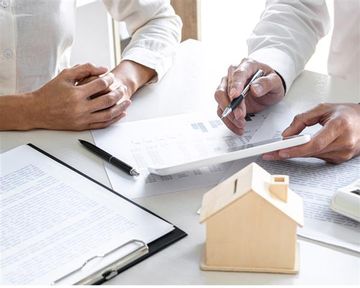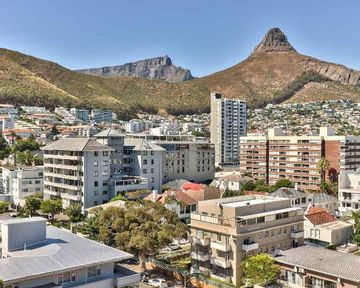How much house can I afford to buy?
To fully answer the question on how much you can afford to buy, you will need to know the answer to two other vital questions: how much you can put down as a deposit and how much can you spend once you actually live in the home?
We take a look at these two questions below.
How much can you put down as a deposit?
Long before you start looking at properties or even at bond originators you will need to spend some time looking at your own finances to see what kind of deposit will be doable for you.
We have discussed how you can set up a budget to allow you to cut down on unnecessary spending and using that budget you will need to determine how much savings you will be able to manage in the timeframe you have decided upon before buying your house. For example, if you want to buy a house at the end of the year, how much can you save in the next 12 months?
This will need to be determined using conservative estimates and any extra savings will be a bonus - but don’t depend on being able to make huge savings every month.
The size of the deposit should reflect a number that is achievable to you without having to dip into an emergency fund or any other savings for things like education. If you don’t have an emergency fund, it is advisable to first save up for that - three to six months of expenses should be covered by these funds to ensure you have emergency savings when the unthinkable happens.
How big should your deposit be?
While it is possible to buy a home with no deposit, it is just financially more sound to try and save up for a deposit as it reduces the size of your bond and thus lowers your monthly repayments.
The standard home loan term in South Africa is 20 years and the average deposit is between 10% to 20% of the purchase price.
Other costs
While we are talking about saving money before you buy a home - remember that you will need to save money for all the other costs as well - from buying furniture, hiring movers, any connection costs like water and electricity, municipal services, and even fibre.
How much can you afford when you are living in the house?
The first thing you will need to factor in once you have moved into your new home is how the bond repayments will fit into your budget.
Your budget should accurately reflect all your expenses. If you don’t already have a budget now would be the perfect time to create one. The point of doing this is to determine what the maximum monthly amount that you could spend on housing costs.
Understanding your monthly bond cost is a good starting point, but it’s essential to remember that homeownership will add more than just the bond to your expenses. If your bond repayments alone take up all the housing budget available to you, you could either save up for a bigger deposit and/or opt for a smaller home. Other costs you would need to add to the budget are maintenance costs, property rates, taxes or levies, and utility costs.
Remember if you are a renter wanting to move into your own house, you will now be responsible to cover bills that might have been covered by your rent before like HOA fees, levies, trash removal, pest control, water, and electricity on top of having home insurance - the last thing you want is a huge bill for a burst geyser, for example. When thinking about your monthly housing costs, make sure you’ve accounted for these potential additional expenses and make sure you have room in your budget for both your bond and all other housing costs.
While this might seem like a timely and exhausting process, knowing the answer to these two questions will help you determine how much home you can actually afford. Which in turn will allow you to make wiser choices when you start looking for your dream home.

